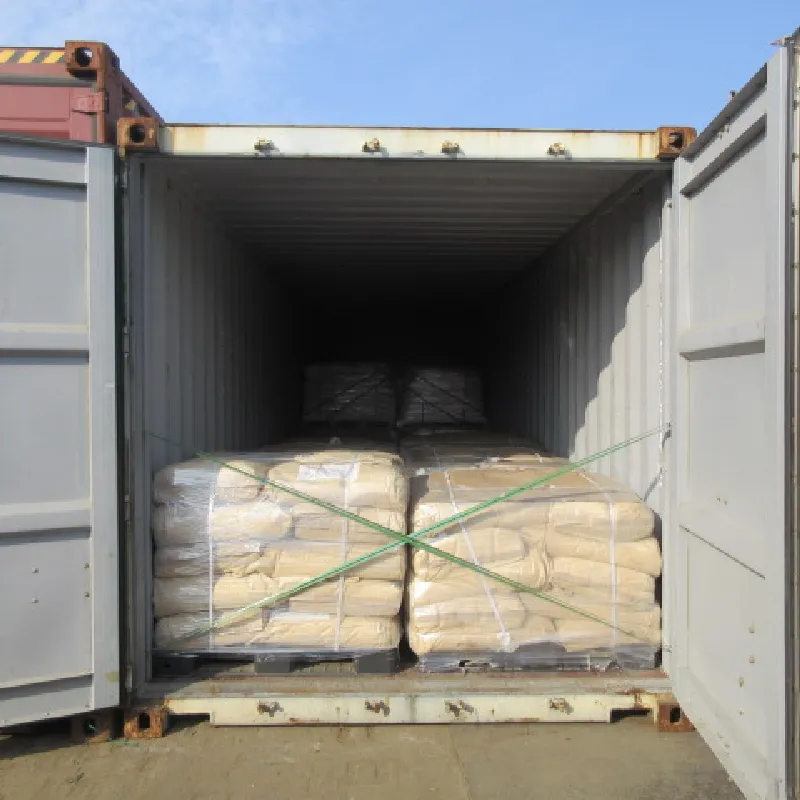
Exploring the Benefits and Applications of Gras Additives in Modern Food Industry
The Role of GRAS Additives in Food Safety and Innovation
In the ever-evolving landscape of food production and consumption, the term GRAS—an acronym for Generally Recognized As Safe—has emerged as a pivotal concept in the realm of food additives. The GRAS designation signifies that certain substances added to food are considered safe by qualified experts, based on a long history of common use in food or on scientific evidence. This article delves into the significance, implications, and challenges of GRAS additives in ensuring food safety and fostering innovation.
The Role of GRAS Additives in Food Safety and Innovation
One of the key advantages of GRAS additives is their ability to improve food shelf life and safety. Natural preservatives, such as vitamin E and rosemary extract, have GRAS status and are frequently used in products to inhibit spoilage and extend freshness. These additives help reduce food waste while ensuring that consumers receive products that remain safe and enjoyable over time. Additionally, as consumers increasingly seek cleaner labels and natural ingredients, GRAS additives can fulfill the demand for effective, but minimally processed, solutions.
gras additives

However, the GRAS process is not without its challenges. Critics argue that the self-affirmation model of GRAS status can lead to a lack of transparency and oversight. Since companies can determine their own substances as GRAS without the need for FDA review, there are concerns about potential conflicts of interest or the misrepresentation of safety, especially as new findings about health impacts emerge. This calls for a balanced approach to regulation that ensures safety while fostering innovation.
Despite these concerns, GRAS additives continue to play a vital role in food innovation. As the food industry responds to trends such as plant-based diets and clean eating, manufacturers are exploring new ingredients that can provide the desired sensory qualities and nutritional benefits. For instance, pea protein, which is gaining popularity in vegetarian and vegan products, is often classified as GRAS due to its long history of use. This allows developers to create high-quality products that meet consumer demands for health and sustainability.
In terms of future perspectives, the classification of GRAS additives may evolve as scientific understanding and consumer preferences shift. Companies will need to stay ahead of emerging regulations and consumer scrutiny by prioritizing transparency and safety in their practices. Collaborations between scientists, regulatory bodies, and the food industry can foster an environment where innovation thrives while ensuring public health remains paramount.
In conclusion, GRAS additives play an essential role in the food industry, balancing the dual imperatives of safety and innovation. As the demand for novel food products grows, navigating the landscape of GRAS substances will require diligence from all stakeholders involved. Continuous engagement with scientific research, transparent practices, and consumer education will be vital in maintaining the integrity of the GRAS system and its contributions to public health.
-
Nitrile Rubber Honoring Strict Production StandardsNewsAug.22,2025
-
Aspartame Ingredients Honoring Food Safety ValuesNewsAug.22,2025
-
Fertilizer for Balanced Plant NutritionNewsAug.22,2025
-
Cyanide Gold Processing with High Purity AdditivesNewsAug.22,2025
-
Formic Acid in Textile Dyeing ApplicationsNewsAug.22,2025
-
Aluminum Hydroxide Gel in Skincare ProductsNewsAug.22,2025
-
Regulatory Compliance for Global Mining Chemicals UseNewsAug.12,2025
Hebei Tenger Chemical Technology Co., Ltd. focuses on the chemical industry and is committed to the export service of chemical raw materials.
-

view more DiethanolisopropanolamineIn the ever-growing field of chemical solutions, diethanolisopropanolamine (DEIPA) stands out as a versatile and important compound. Due to its unique chemical structure and properties, DEIPA is of interest to various industries including construction, personal care, and agriculture. -

view more TriisopropanolamineTriisopropanolamine (TIPA) alkanol amine substance, is a kind of alcohol amine compound with amino and alcohol hydroxyl, and because of its molecules contains both amino and hydroxyl. -

view more Tetramethyl Thiuram DisulfideTetramethyl thiuram disulfide, also known as TMTD, is a white to light-yellow powder with a distinct sulfur-like odor. It is soluble in organic solvents such as benzene, acetone, and ethyl acetate, making it highly versatile for use in different formulations. TMTD is known for its excellent vulcanization acceleration properties, which makes it a key ingredient in the production of rubber products. Additionally, it acts as an effective fungicide and bactericide, making it valuable in agricultural applications. Its high purity and stability ensure consistent performance, making it a preferred choice for manufacturers across various industries.





